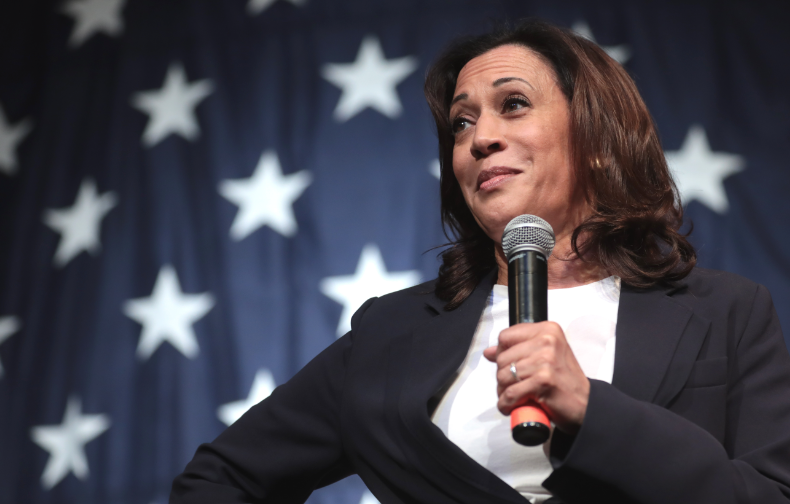Harris Campaign Could Leave Staff, Vendors Unpaid After Accumulating $20 Million Debt: Report

Tensions have flared over the Kamala Harris campaign’s choice to spend up to $20 million on swing-state concerts held Monday night, mere hours before the vice president suffered a significant election defeat to Donald Trump.
The New York Post reports that this spending spree has triggered concerns about whether ordinary staff members and vendors will be paid, given that the campaign is reportedly in debt by the same staggering amount. If payments are withheld, the Harris campaign might face potential legal battles, particularly from vendors seeking owed compensation.
Campaign insiders who spoke to The Post acknowledged the financial toll these concerts took, with one source noting it was widely known to have strained the budget. In a cost-cutting effort, a planned performance by Alanis Morissette, a ’90s alt-rock star, was canceled.
On election eve, seven concerts were staged across swing states, with Jon Bon Jovi performing in Detroit, Christina Aguilera in Las Vegas, Katy Perry in Pittsburgh, and Lady Gaga headlining in Philadelphia. Harris was joined by 2 Chainz for an eighth concert in Atlanta on November 2, just days before voters went to the polls, according to the report.
Two sources credited Stephanie Cutter, a veteran strategist from the Obama campaign, with advocating for the concert series as a means of boosting voter turnout among groups that traditionally have lower voting rates.
Although the artists offered their time for free, the events still required considerable manpower and funding to execute.
Cutter’s idea was reportedly supported by another Obama campaign alum, David Plouffe, a source told The Post.
Harris had enlisted Cutter and Plouffe shortly after replacing President Biden as the Democratic nominee in July. Their arrival sparked internal friction with Biden’s original campaign team, as the new strategists aimed to mirror President Obama’s 2008 campaign successes.
Jen O’Malley Dillon, the Harris-Walz campaign chairwoman, gave the go-ahead for the concerts aimed at mobilizing voters. However, she later confided to colleagues — amid substantial internal criticism — that she had reservations and sat on the decision for weeks, a source revealed.
If true, another insider argued, O’Malley Dillon’s delay escalated production costs because “putting [concerts] together last minute makes [them] cost twice as much.”
Further scrutiny emerged over whether Dana Rosenzweig, the campaign operations chief, should have raised budgetary concerns earlier, though some defended her, arguing the responsibility lay with the financial oversight team. “They said they were ‘spending to zero.’ I guess they overshot zero,” one source remarked wryly.
Ultimately, the concerts made little impact in the media, aside from Oprah Winfrey's headline-grabbing moment at the Philadelphia rally, where she declared that a Trump win could mean “we will not have the opportunity to cast a ballot again.”
The next day, voters in all seven critical states opted for Donald Trump, who reclaimed the presidency as the Republican nominee.
“They had huge advance teams for these concerts, like 40-60 people in some cities,” one insider disclosed to The Post, expressing concerns about the financial fallout for Harris campaign workers.
The source added, “I’m sure vendors will start to get upset soon,” noting that while staff salaries seem unaffected so far, reimbursement requests remain outstanding.
In the days leading up to the election, as campaign leaders became acutely aware that their $1 billion campaign fund was nearly exhausted, they scrambled to cut concert-related expenses, The Post noted. Events initially estimated to cost between $15 million and $20 million sometimes ran over budget.
“They definitely knew the budget crunch at the end because they cut talent from some cities because of cost,” one source mentioned, pointing out that Morissette’s show was axed only two days before it was set to occur.